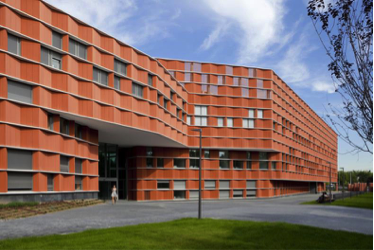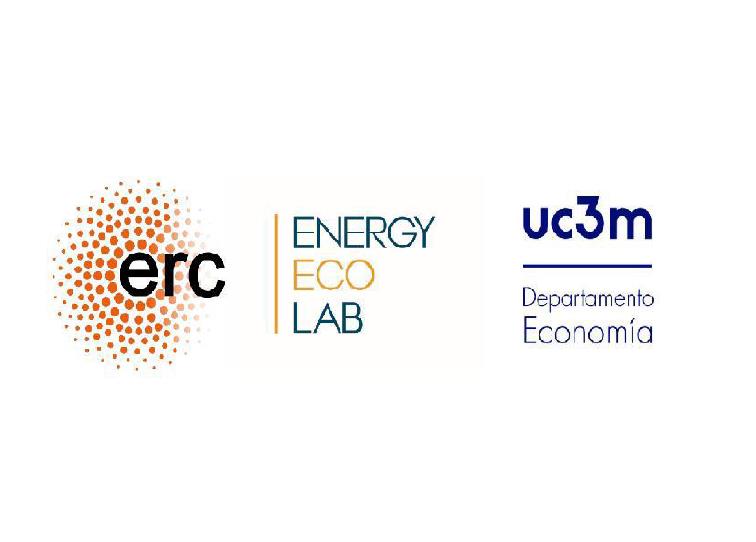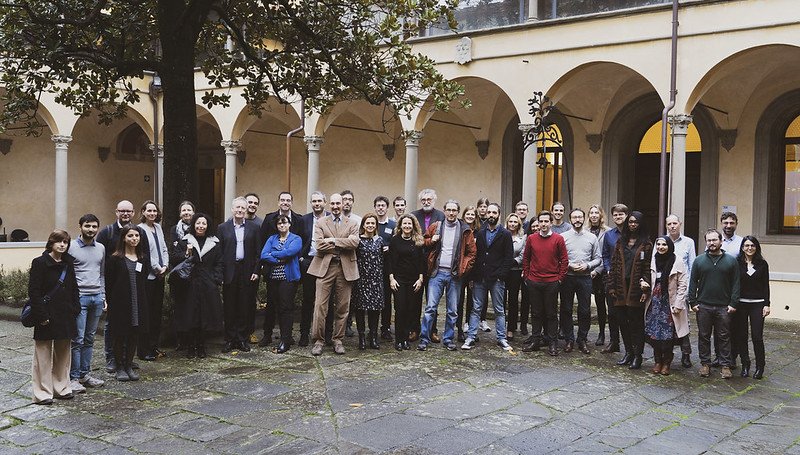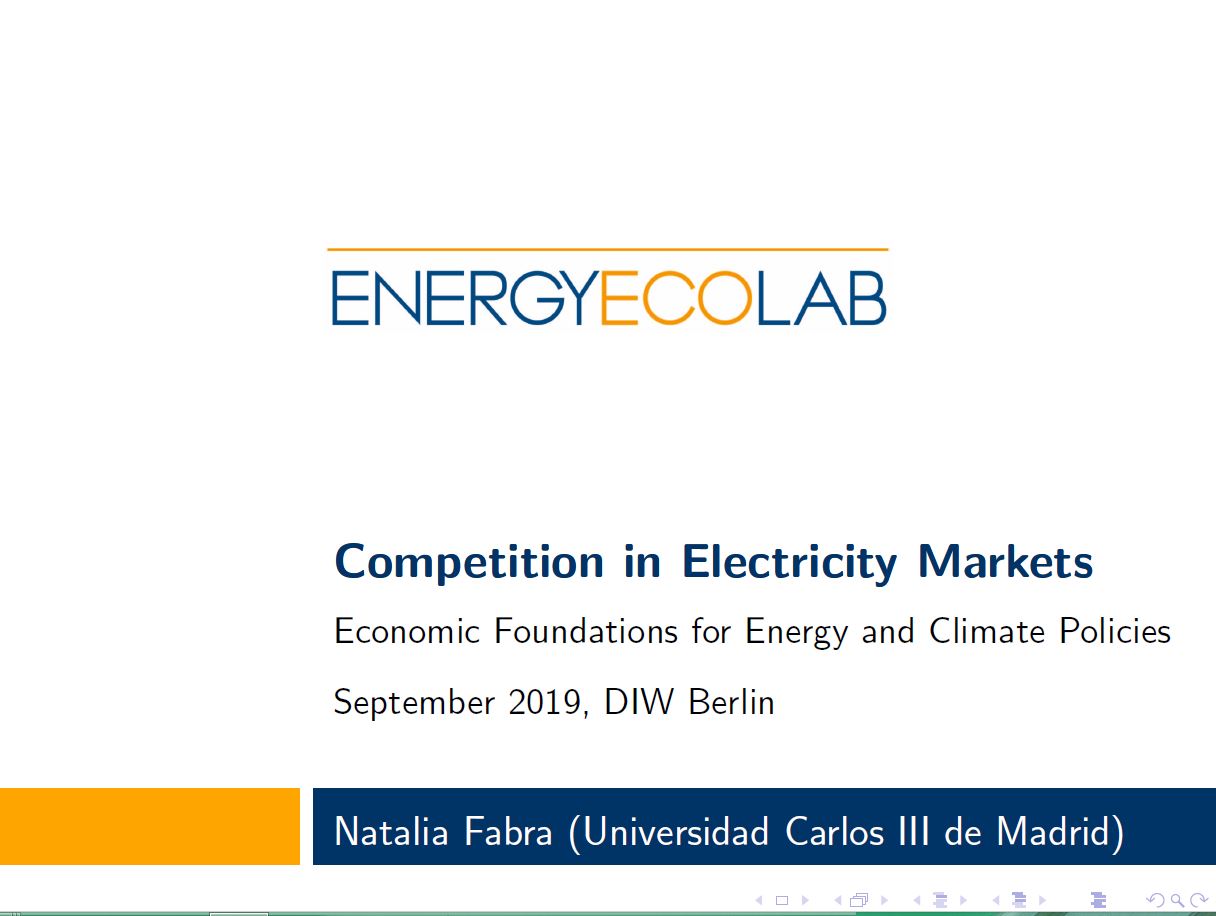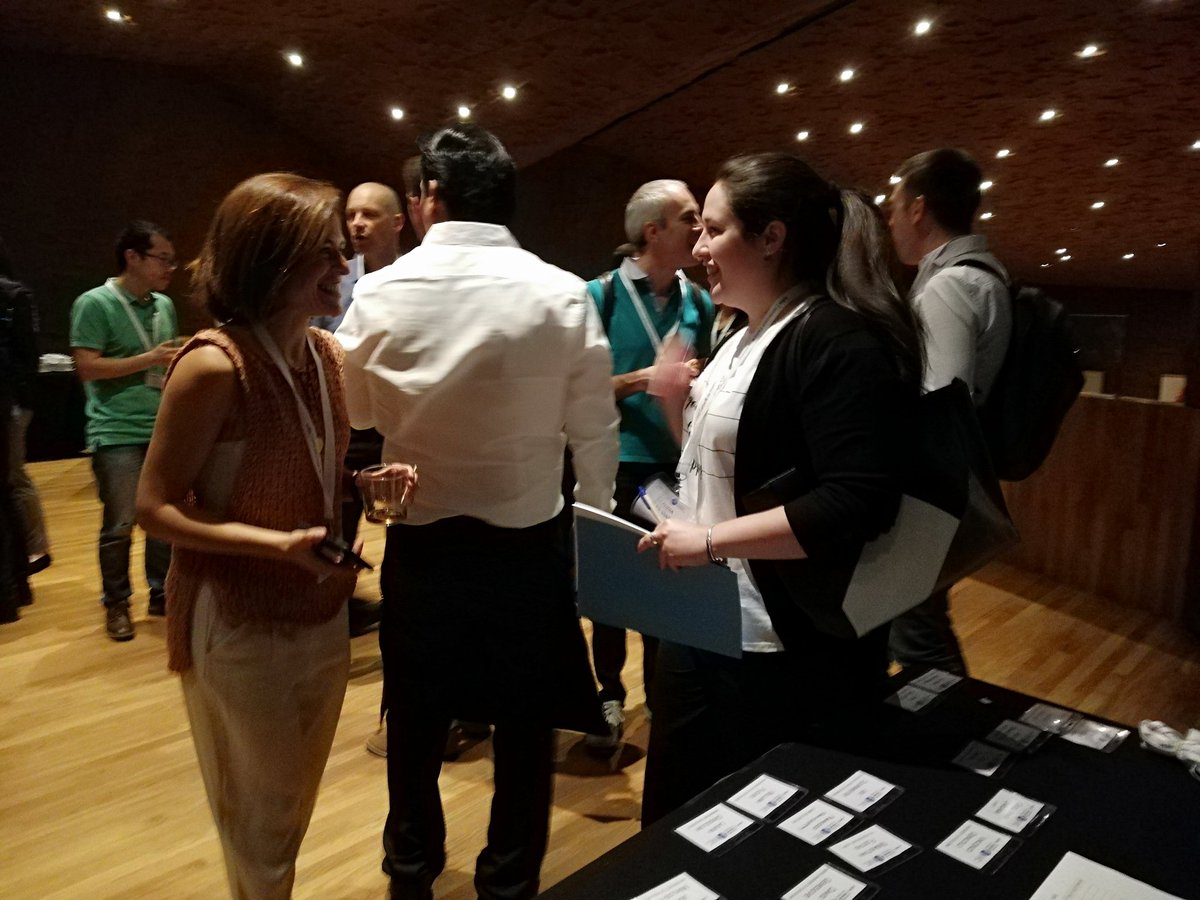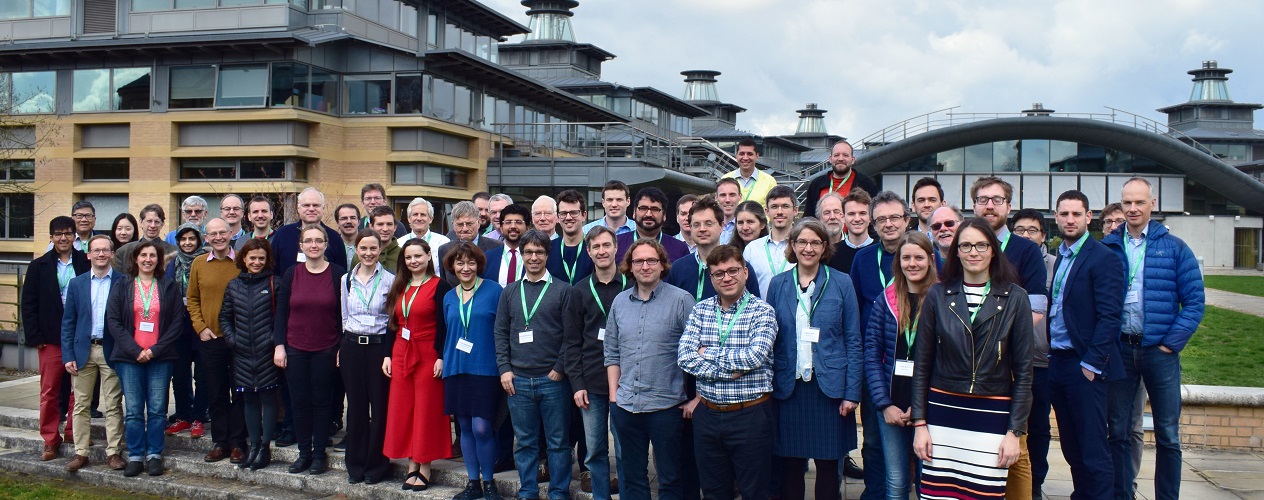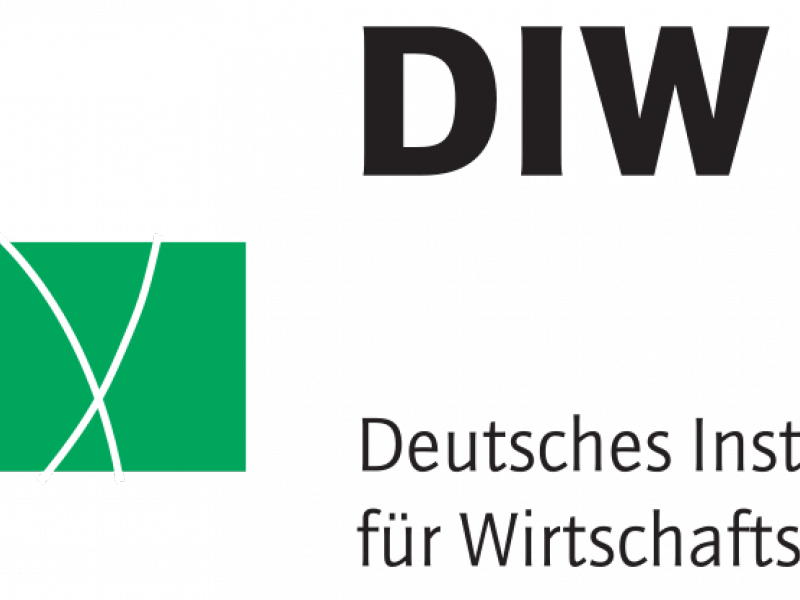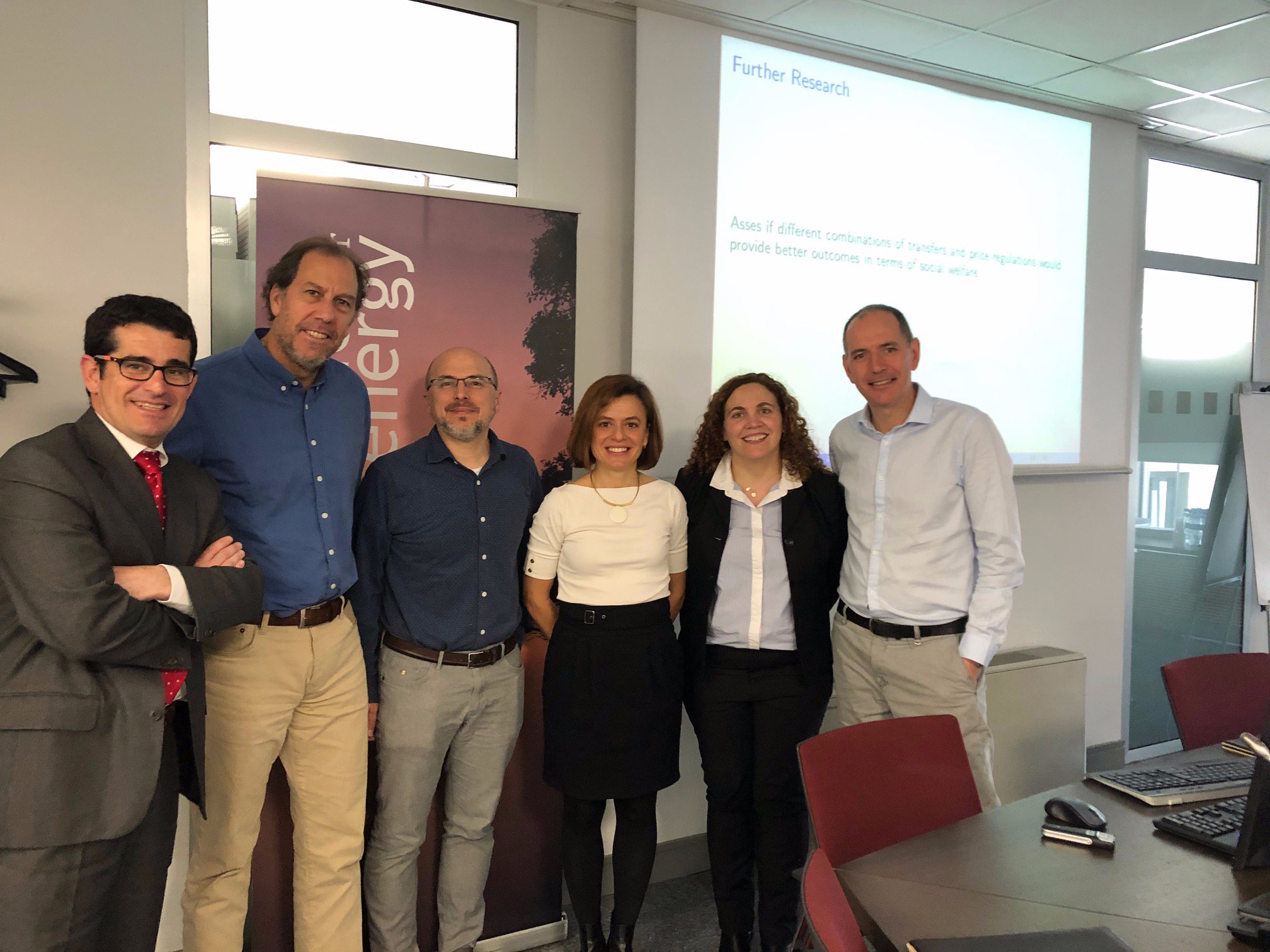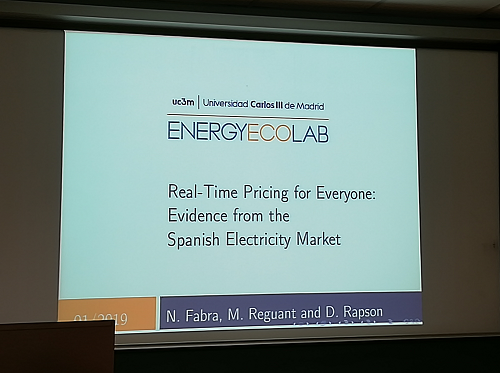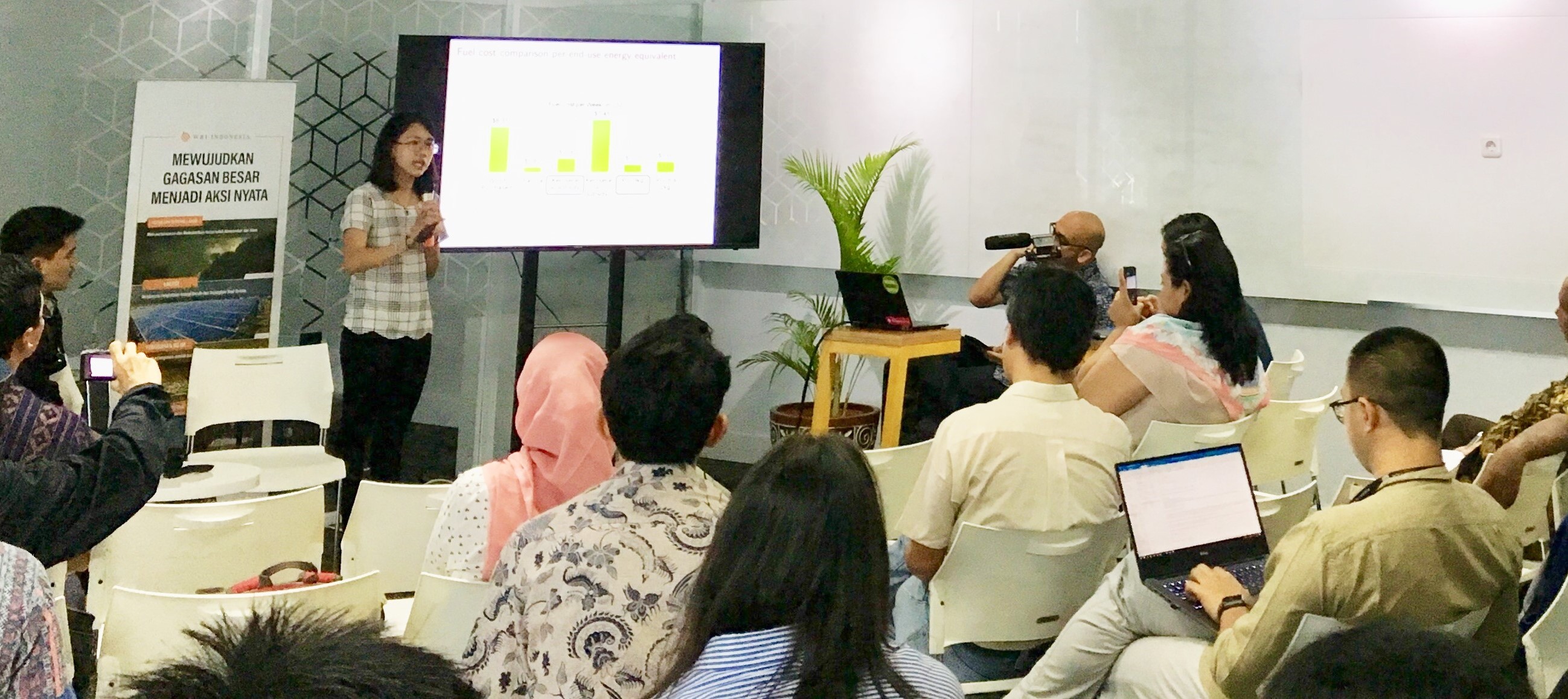
CEPR Conference on Applied Industrial Organisation
Madrid, 13-15 June 2019
Venue: CaixaForum Madrid, Paseo del Prado 36
Organisers: Natalia Fabra (UC3M), Volker Nocke (Mannheim), and Ali Yurukoglu (Stanford)
Conference Details:
The Applied IO conference series seeks to contribute to the understanding of the breadth of topics analysed within the field of Industrial Organisation, including demand, productivity, competition in the short- and long-run, innovation, investment, and auctions, to develop empirical protocols and tests of economic models, to promote the exchange and the dissemination of results at the forefront of research, and finally, to evaluate current competition and regulation policies. It will cover the state of the art in both theoretical and empirical Industrial Organisation.
Thursday 13 June
13:30-14:30 On the Effect of Parallel Trade on Manufacturers’ and Retailers’ Profits in the Pharmaceutical Sector by Pierre Dubois, Toulouse School of Economics and CEPR (with Morten Sæthre)
14:30-15:30 Agency Pricing and Bargaining: Evidence from the E-Book Market by Matthijs R. Wildenbeest, Indiana University (with Babur De los Santos and Daniel P. O’Brien)
17:00-18:00 All-Pay Oligopolies: Price Competition with Unobservable Inventory Choices by Joao Montez, University of Lausanne and CEPR (with Nicolas Schutz)
18:00-19:00 Regulation with Experimentation: Ex Ante Approval, Ex Post Withdrawal, and Liability by Emeric Henry, Sciences Po and CEPR (with Marco Loseto and Marco Ottaviani)
Friday 14 June
9:00-10:00 A Theory of Foreclosure and Wholesale Bundling by Juan-Pablo Montero, Pontificia Universidad Católica de Chile (with Enrique Ide)
10:00-11:00 Input Price Discrimination by Resale Market by Jeanine Miklos-Thal, University of Rochester (with Greg Shaffer)
11:30-12:30 Segmentation versus Agglomeration: Competition Between Platforms with Competitive Sellers by Martin Peitz, University of Mannheim and CEPR (with Heiko Karle and Markus Reisinger)
12:30-13:30 Pricing and Fees in Auction Platforms with Two-sided Entry by Marleen Marra, University College London
15:00-16:00 Royalties and Deadlines in Oil and Gas Leasing: Theory and Evidence by Ryan Kellogg, University of Chicago (with Evan Herrnstadt and Eric Lewis)
16:00-17:00 Winners and Losers: the Distributional Effects of the French Feebate on the Automobile Market by Isis Durrmeyer, Toulouse School of Economics
17:30-18:30 Efficiency in Decentralized Transport Markets by Giulia Brancaccio, Cornell University (with Myrto Kalouptsidi, Theodore Papageorgiou and Nicola Rosaia)
Saturday 15 June
9:00-10:00 Informative Advertising and the Media: Evidence from a Price Transparency Regulation in Supermarkets by Itai Ater, Tel Aviv University and CEPR (with Oren Rigbi)
10:00-11:00 Competition and Incentives in Mortgage Markets: The Role of Brokers by Claudia Robles-Garcia (London School of Economics)
11:30-12:05 Data-driven Mergers by Alexandre de Corniere, Toulouse School of Economics and CEPR (with Greg Taylor)
12:05-12:40 Attention Oligopoly by Andrea Prat, Columbia University and CEPR (with Tommaso Valletti)
12:40-13:15 Artificial Intelligence, Algorithmic Pricing and Collusion by Giacomo Calzolari, European University Institute, Toulouse School of Economics and CEPR (with Emilio Calvano, Vincenzo Denicolò, Sergio Pastorello)
Program schedule is available here: https://cepr.org/6733/programme
Financial support for the conference is generously provided by Universidad Carlos III de Madrid, Obra Social La Caixa, Journal of Industrial Economics (JIE), University of Zurich, European Research Council (ERC), and CEPR.


